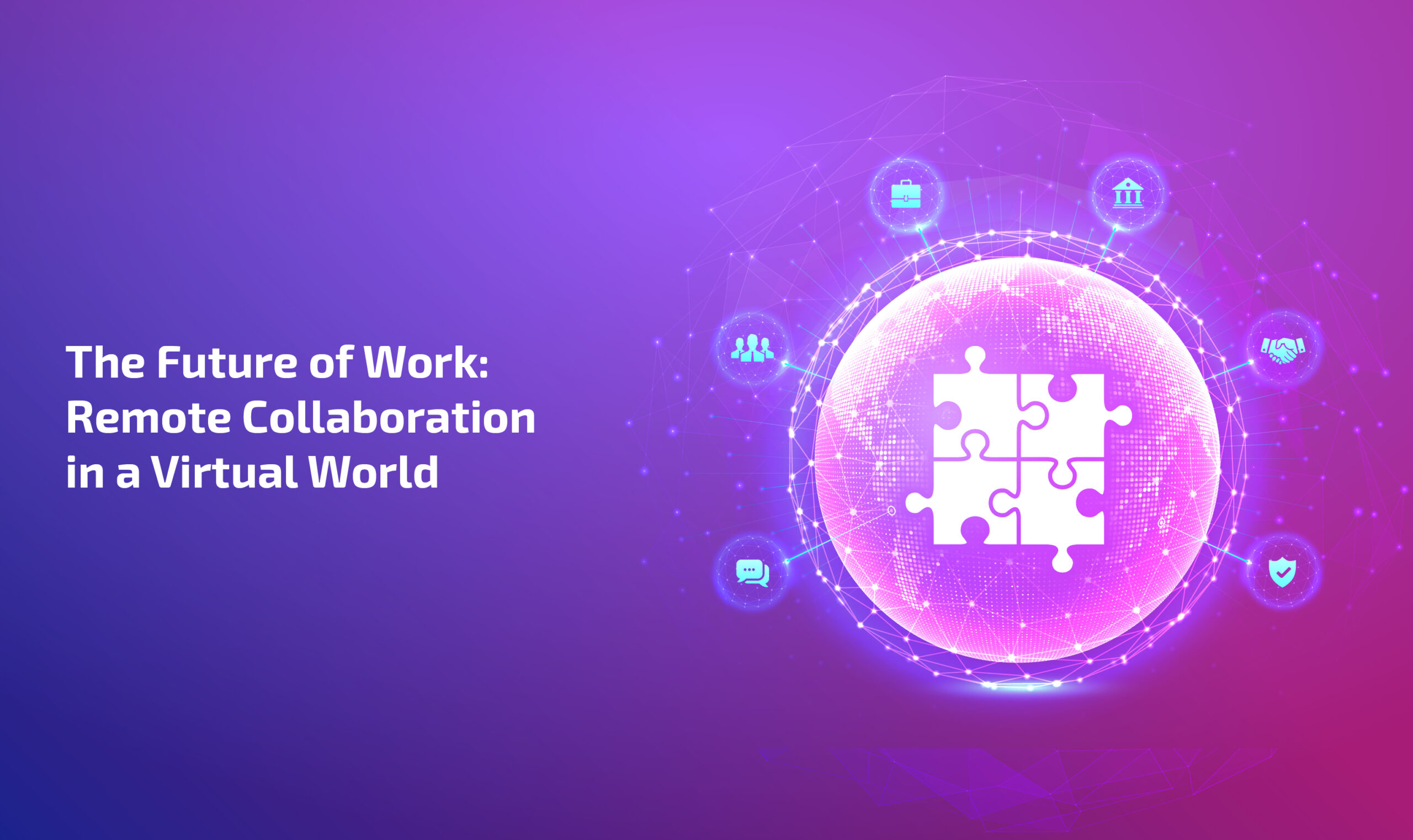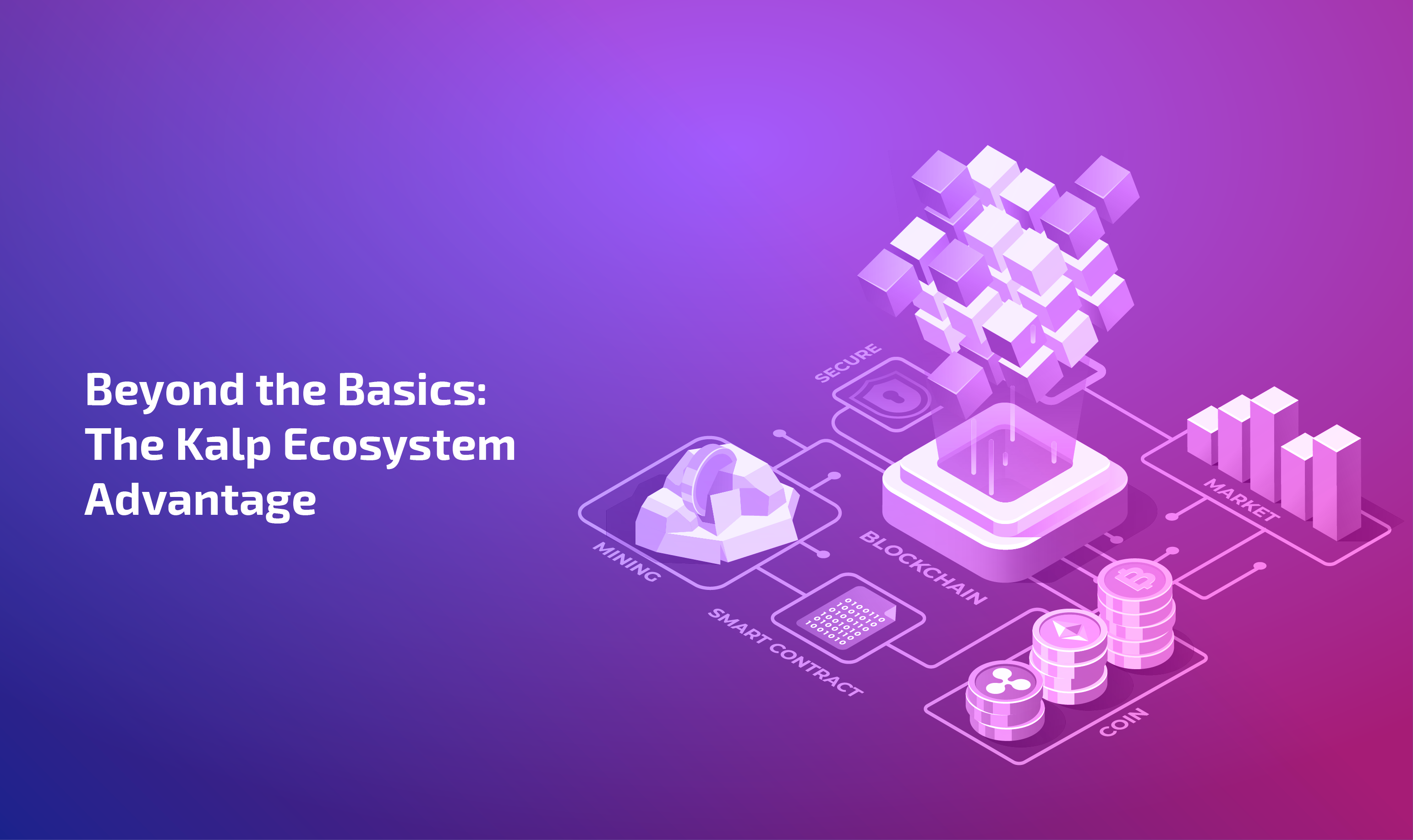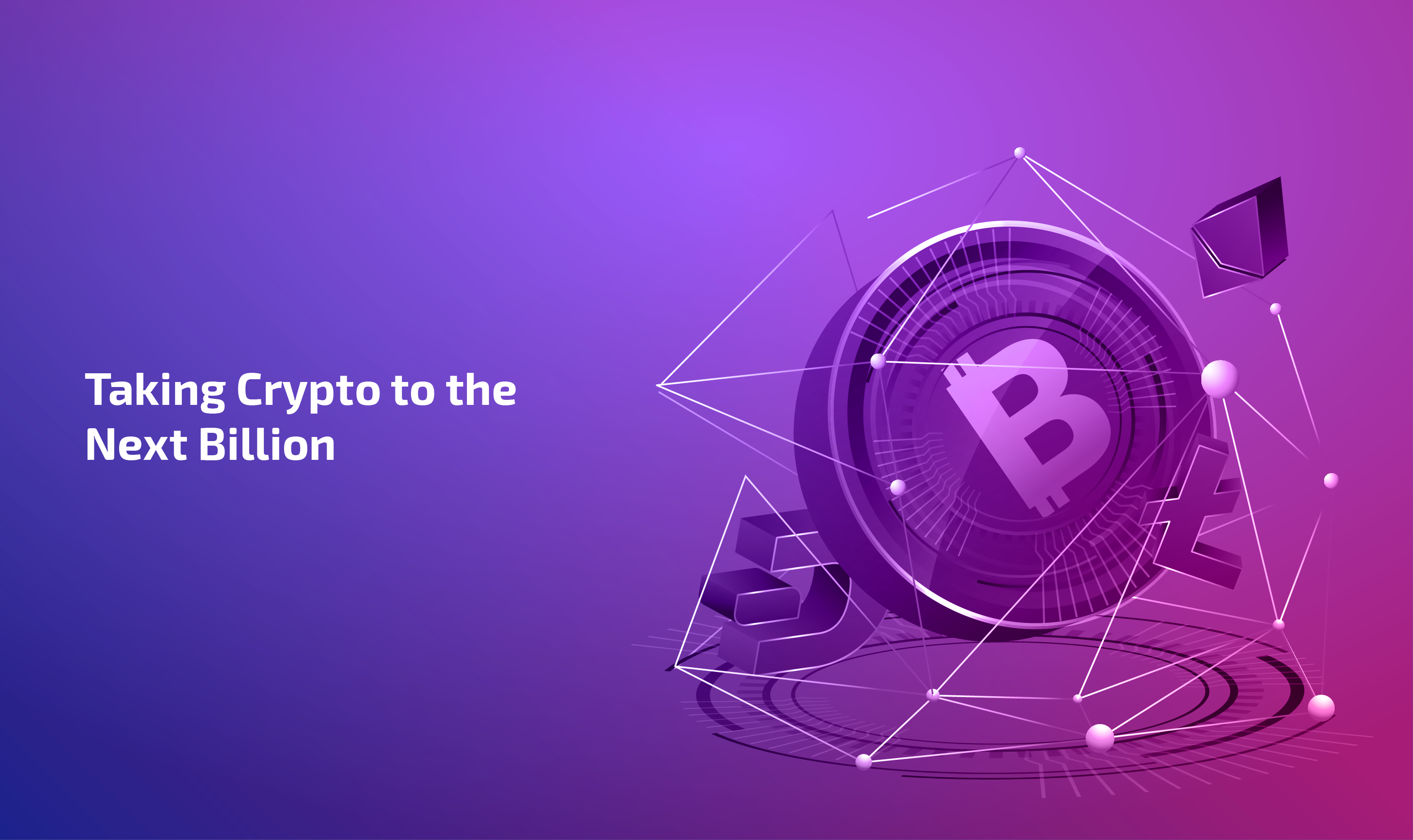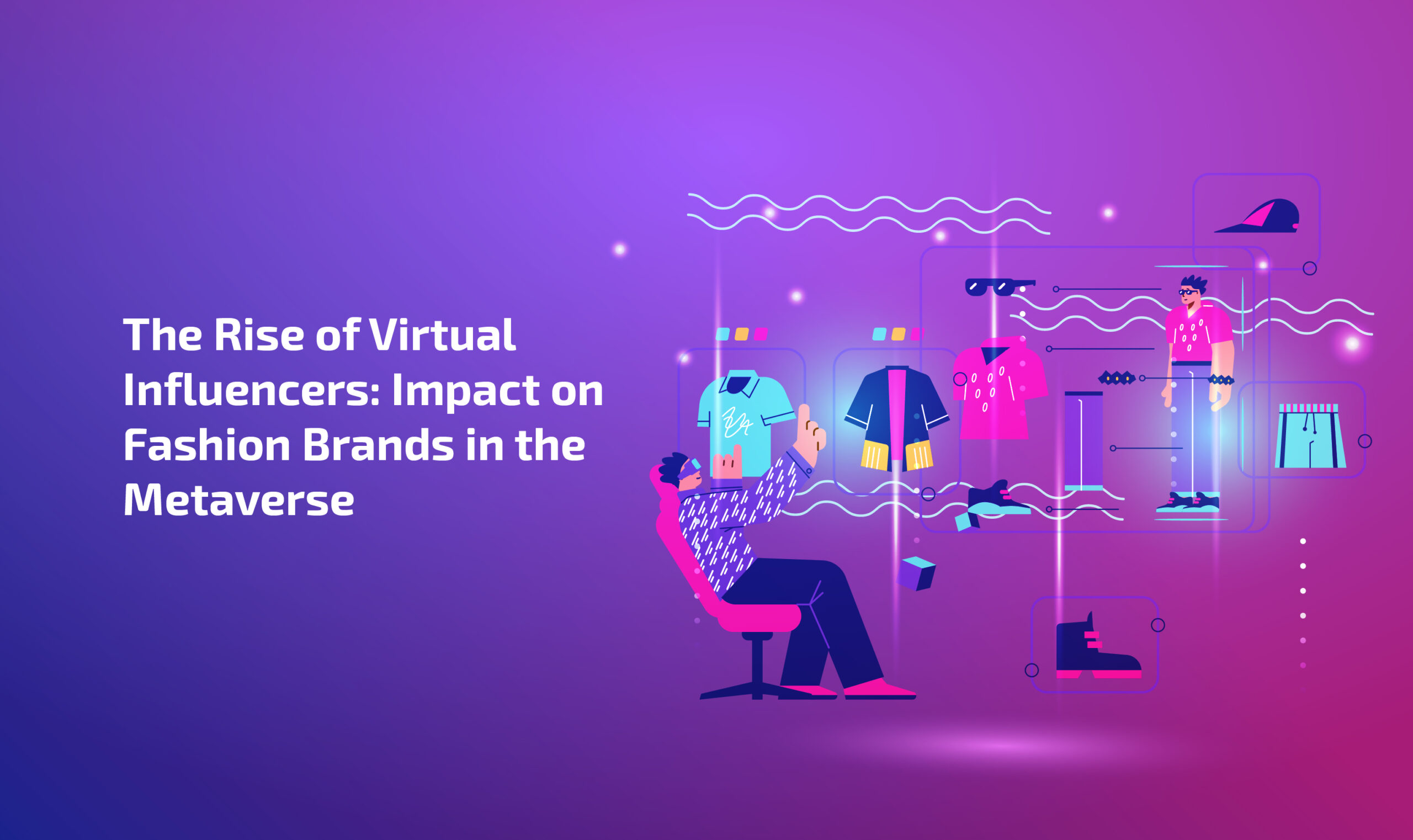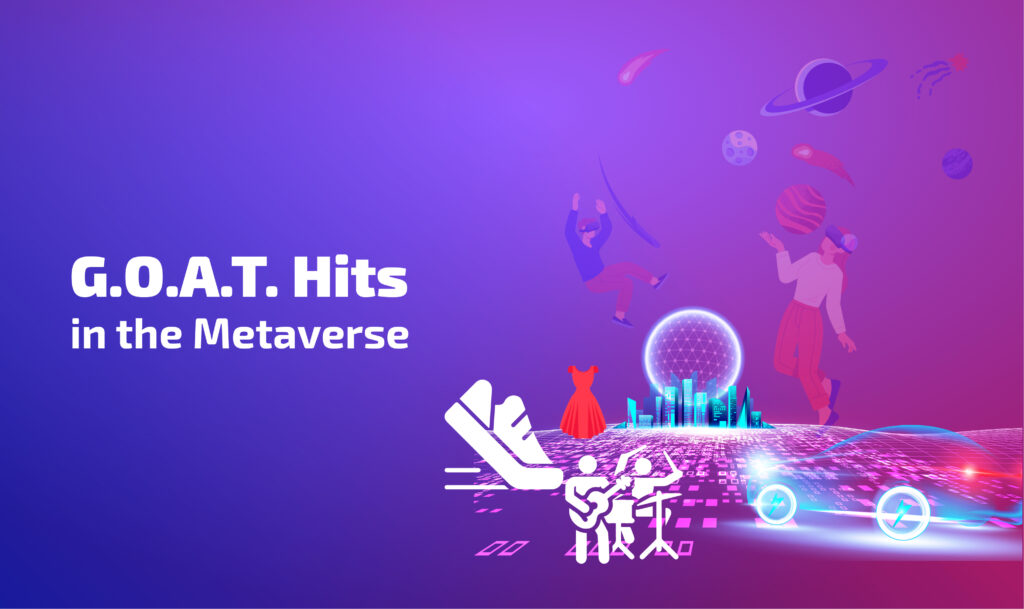
Once upon a time, targeting an audience was relatively simple. Think radio, print, and television. Flash to the present, the newest development in digital technology- METAVERSE, which is opening new ways to gain traction. This raises the question, “What types of businesses can operate in the metaverse?”
The metaverse ecosystem is rapidly evolving with possibilities in sectors such as art, design, entertainment, and more. While we navigate into this virtual expanse, let’s look back to the Greatest of All Time (G.O.A.T.) hits in metaverse technology.
And so, here we highlight an exciting exploration of standout features, cultural phenomena, and innovations occurring in the metaverse landscape.
A booming virtual real estate market!
If you’re a landowner and wish to expand your business, then you can hustle extra cash by renting out your land in the metaverse. Picture this: having your property turning into a dope virtual office space or better a cool concert space. This will be a great way to create a new revenue stream, i.e., via virtual office space, retail stores, or even event venues.
Imagine vibing at a virtual concert, and bam! You’re seeing ads for real-world brands in virtual space. Real estate in the metaverse is a sure shot to secure big bucks – we’re talking millions, here!
According to a recent Goldman Sachs analysis, the metaverse real estate market might have a $5 trillion valuation by 2030. This is a substantial sum of money, indicating that the real estate sector could undergo huge transformation thanks to metaverse, web3, and blockchain technology.
For example, Dubai intends to construct the first metaverse city, which will be an exact duplicate or replica of an actual city. The increasing interest in metaverse real estate with potential other use cases is demonstrated by this project.
Challenges:
While real estate tokenization increases liquidity it is not immune to concerns. Some are mentioned here:
- Issues related to smart contract security and integrity.
- User information safeguarding concerns in virtual settings.
- Understanding legislation pertains to a virtual estate.
- Commitments by metaverse with respect to ownership.
- Virtual property transactions and their tax ramifications.
Cultural and Artistic Exploration
The metaverse is being used by artists and art galleries in whole different ways. For example, artists can show interactive displays that break free from any boring geographical limits, giving people amazing immersion and interaction vibes. This goes beyond geographical constraints in providing an unmatched level of immersion.
In the domain of art, NFT-powered art, and its ownership enable creators/artists to produce original digital works of art that can be proven to be owned.
Speaking about brands, they are also working toward making money off of their creations. This enables investors to purchase and own exclusive digital assets through exhibitions- NFT sales and international outreach.
Challenges:
The challenges to artists other than doubts about authentication of work, may include the following:
- Replication of digital content and its distribution.
- How to enforce copyright protection within the metaverse.
- Concerns regarding exploitation of cultural elements.
- How to commercialize virtual art?
- Democratic access to VR (Virtual Reality) tools or the cost of entry.
Recap: All the Metaverse Hits
- Millions of players swiped in for Fortnite’s virtual concert with Ariana Grande.
- Roblox dropped “Nike Land,” a virtual shopping hub where you can cop and flex virtual drip and accessories.
- Microsoft and JLL, a multinational provider of real estate services, are collaborating to develop a metaverse real estate platform.
- The massive fast-food chain McDonald’s has registered a trademark for the word “McMetaverse.”
- Gucci filed a trademark to market virtual apparel, accessories, and other goods that avatars in the metaverse can wear.
- German sportswear brand Adidas has made a metaverse debut with its first NFT collection, which avatars can wear in the metaverse.
- Nike, the giant of athletic wear, has applied for several trademarks pertaining to virtual goods and the metaverse.
- Leading real estate developer MQDC and international professional services firm Accenture have established a partnership to map out MQDC’s Metaverse journey.
All of these actions imply that companies are entering the metaverse in an attempt to draw in customers. It’s similar to reaching out to a fresh group of customers who are enthusiastic about the digital realm.
Metaverse Opportunities in Southeast Asia
Southeast Asia, with its youthful and tech-savvy populace, is a metaverse market that is expanding quickly. The SEA region has the capacity to play a vital role in the creation and uptake of metaverse technology.
With multiple entrepreneurs on the verge of a revolution, it’s the perfect market even for mobile-based metaverse applications. India’s stance in this domain can be seen from startups like MAI in contributing to the development of metaverse technologies.
Looking ahead!
MAI does not delve into predictions but focuses on harmonizing the use cases with accountable innovation. Because in the absence of regulatory oversight, users may face challenges in seeking recourse for fraudulent transactions, scams, or misrepresentations. At MAI, we harmonize the above use cases all in one place with our native blockchain Kalptantra.
Anyone can just point out problems, but not with MAI as we are developing a public permissioned blockchain with regulatory oracles to guarantee the highest levels of security, accountability, and transparency.
That’s not all we are building a platform of choice for creators looking for an economical way to settle disputes. This includes making sure your creative pursuits are safeguarded.
Wanna know how we work? Reach out to us!
